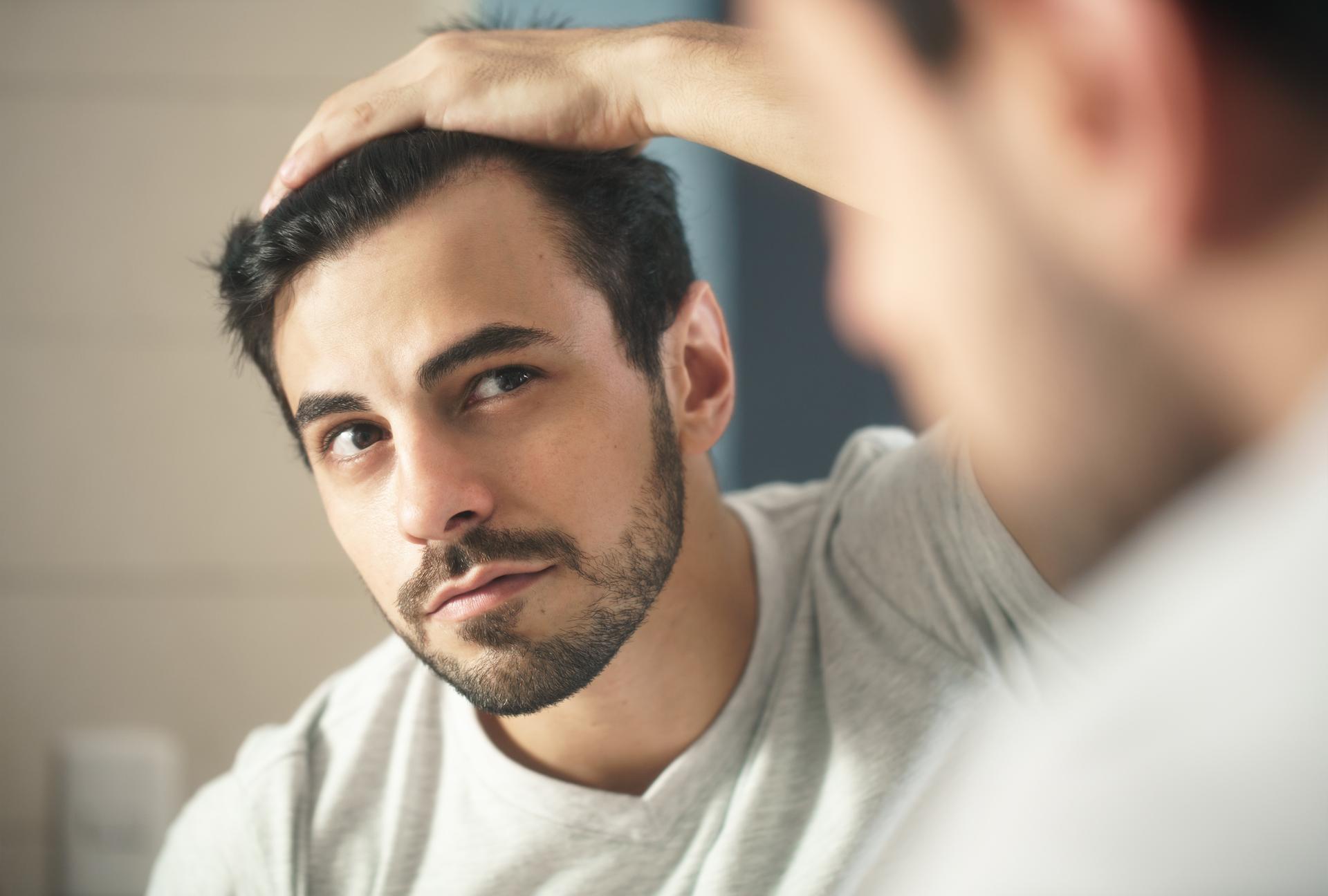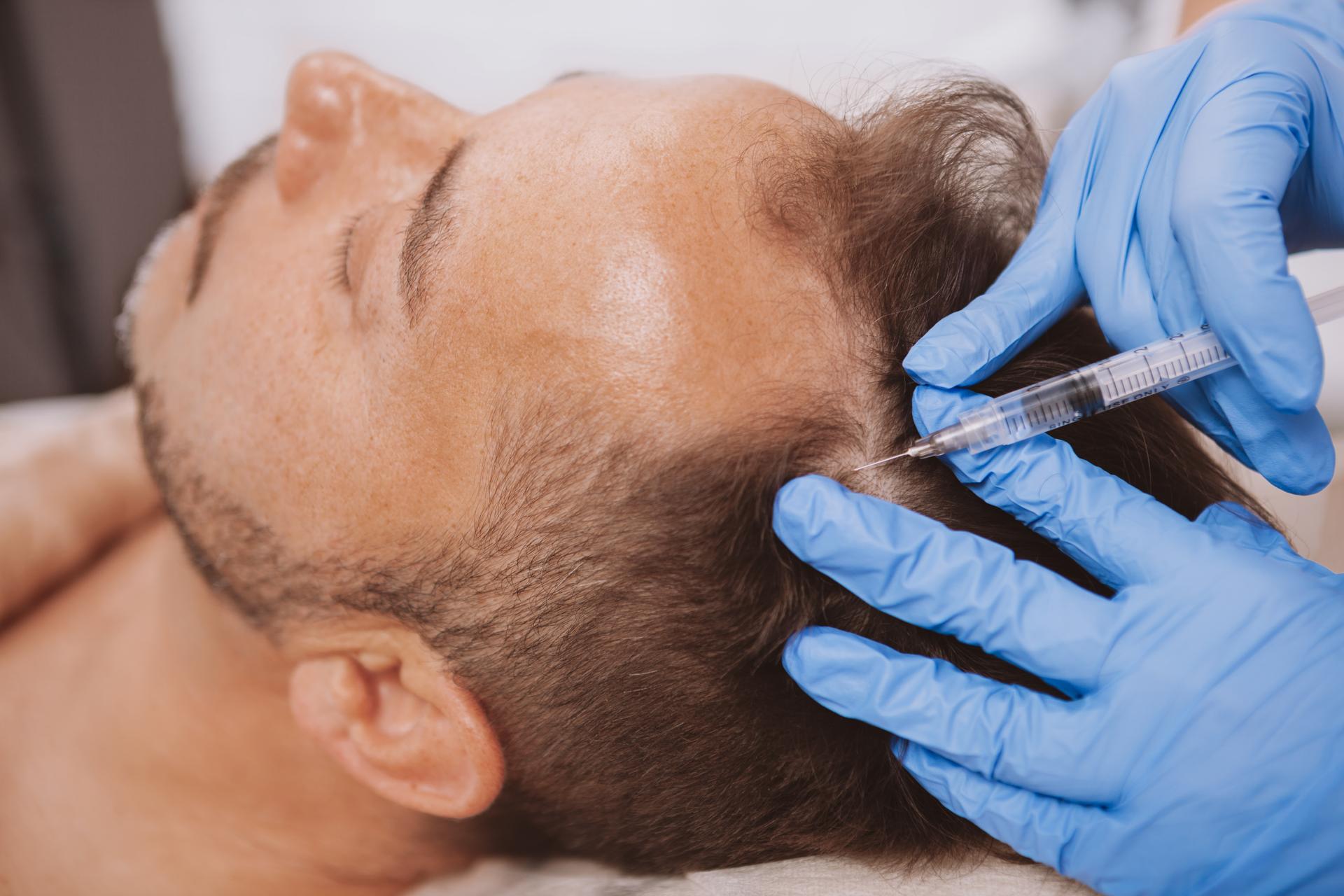Hair transplant surgeries are an effective procedure mainly used for treating male pattern baldness, hair thinning, and various other forms of hair loss. Studies prove, about 70% of the male population experiences baldness by the time they are 80 years old. Hence, making this low-risk procedure quite popular.
A hair transplant is a simple operation, and the recovery time is minimal. However, since it’s a medical procedure, there are certain rules that you should follow.
If exercising is part of your daily routine, how long do you wait after the operation to resume exercising? In this article, we will focus on whether you should exercise after undergoing the procedure.
Should You Work Out After a Hair Transplant?
For both FUT (Follicular Unit Transplantation) and FUE (Follicular Unit Extraction), hair transplant, despite its popularity, is a medical operation that needs time to heal. At times exercising can prove to be detrimental to the healing process. It is better to avoid any form of working out immediately after a hair transplant to stay on the safer side.
Strenuous exercise routines increase the chances of injuring or dislodging the transplant. For the FUE method, approximately 7-10 days of rest is essential. The scars and the sores usually take about a week to heal, and it takes about two weeks for the grafts to settle. For both hair transplant methods, go easy for the first 5 days.
Before this period, lifting heavy objects or engaging in intense exercises can dislodge the grafts. To prevent this from happening, it is better to avoid exercising entirely. If necessary, you can engage in light activities like yoga.
See Also: Is It Normal for My Scalp to Itch After a Hair Transplant?
What Are the Potential Risks of Exercising After Having Hair Transplant Surgery?
Exercising can have serious adverse effects on newly implanted grafts. There are various repercussions, such as infections and dislodging of the grafts. Listed below are the situations that you must avoid in the weeks following the transplant:
- Excessive sweating is detrimental to your post-op healing, heightening the chances of bacterial infections.
- Exercising can also cause straining, resulting in your blood pressure shooting up. You will inadvertently end up causing bleeding and more trauma, possibly causing your grafts to fall off.
- Stretching can injure the transplanted area, especially in the first couple of days when the stitches are still fresh. Tearing the stitches will result in bleeding and scarring.
- Intense contact sports, like boxing or football, can increase your risk of head injury. This can damage your hair follicles and negatively impact the hair transplant results.
To ensure your hair transplant is a success, it is better to abstain from physical exercises for as long as your doctor advises.
See Also: Is One Hair Transplant Treatment Enough to Last for a Lifetime?
When Can You Start Exercising Again?
In the case of FUE surgery, staying away from strenuous exercises for two weeks is advisable. However, if you opted for the FUT hair transplant, you should wait for about a month. After the prescribed rest period, you can seamlessly return to your regular regime.
Looking for a Hair Transplant in Freehold, NJ?
If you wish to consult a specialist for your hair, contact New Jersey Hair Restoration Center. We provide the best hair loss treatment in New Jersey, including FUE and FUT hair transplant surgeries, PRP Therapy, and more. Our team consists of the best hair transplant doctors in Freehold, NJ, who can provide personalized and affordable hair restoration solutions for you.


